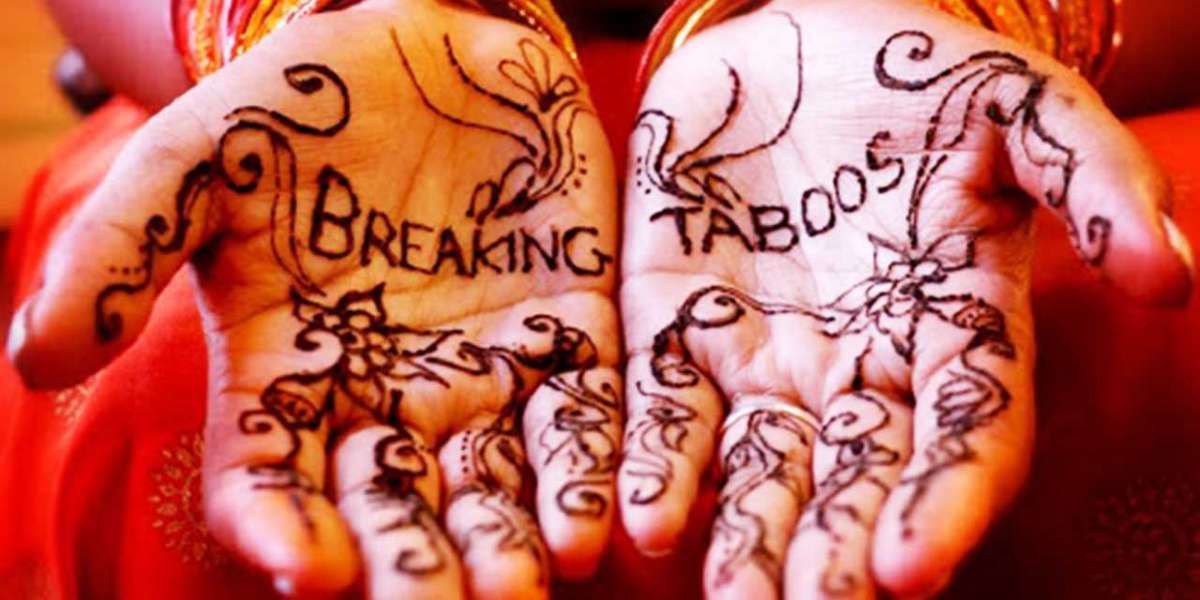MLECCHAS: ANCIENT INDIAN TABOO
The word ‘Mleccha’ is often used to denote people adhering to Islam or Christianity. In Monier-Williams’ Sanskrit- English Dictionary, the meaning of the term has been given as “ a foreigner, barbarian, non-Aryan, man of outcaste race” etc. the term Mleccha is not a new one.
Different historians have used different terms for locating this category of people in the early civilisation. Aloka Prashar has used the term ‘Marginal’ for such people. Romila Thapar calls them ‘barbarians’ and BD Chattopadhyaya regards them as ‘others’. Al-Baruni in his Kitab-ul-Hind writes from a subject point of view about Mlecchas.
There are various connotations of the Mlecchas with which they are distinguished in the early sources. Concept of mlecchas is the concept of the society in which they are able to see themselves as superior to ‘others’.
I) Linguistic connotation: the manner in which the term mlecchas has been referred to in the Satapatha Brahmana tends to suggest that it was used by the Vedic Aryans in the sense of a language which was unintelligible to them. Among the speakers of the language were the Asuras. In the 2nd c. BC Patanjali used the term in the same sense. Satapatha Brahmana has a derogatory term for those who cannot speak the Aryan language.
II) Cultural Connotation: gradually, these people came to acquire the meaning of ‘Barbarians’ or ‘asista’ in contrast to the ‘Aryan’ or ‘sista’ in a cultural sense.
III) Spatial Connotation: the import of the term mleccha underwent radical changes in the succeeding ages. It came to denote the people living in the border regions of Jambudvipa, i.e., the present Indian sub-continent. Manusmriti refers to mleccha desha that existed beyond the Aryavarta. They referred to this area as “ritually impure” territory.
Buddhist text- Bodhayana Dharmasutra- refers to people of mixed origin (sankirna yoni). They do not use the term mleccha.
IV) Technical Connotation: amarakosha(dictionary) refers to Kirata, Pulinda and Bheda. These are all forest tribes. They are differentiated for their technological backwardness as compared to the Aryans. Perhaps they were not aware of iron unlike Aryans.
Ashokan inscription mentions the word “atavi” referring to forest inhabitants. Kautilya in Arthashastra refers to Mlecchatavi ( mlecchas inhabiting forest), as an enemy state. They are considered a threat. But there is evidence of recruiting these men in the Mauryan empire for the purpose of spying; in the state services.
V) Ethical Connotation: there are questions about their ethical identity. Some scholars have compared the term mleccha with the term Meluhha. Romila Thapar expresses these doubts in her essay - “ The image of the Barbarians in Early India”. She says that the word mleccha represents a cultural event rather than a linguistic fact.







